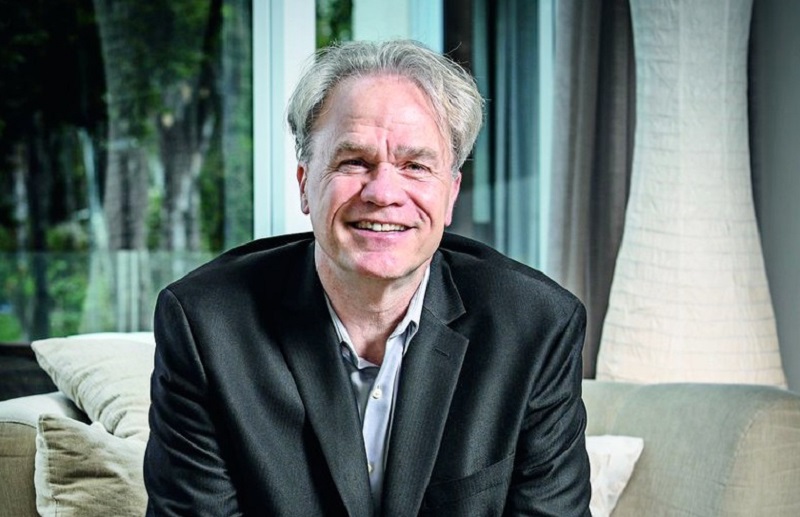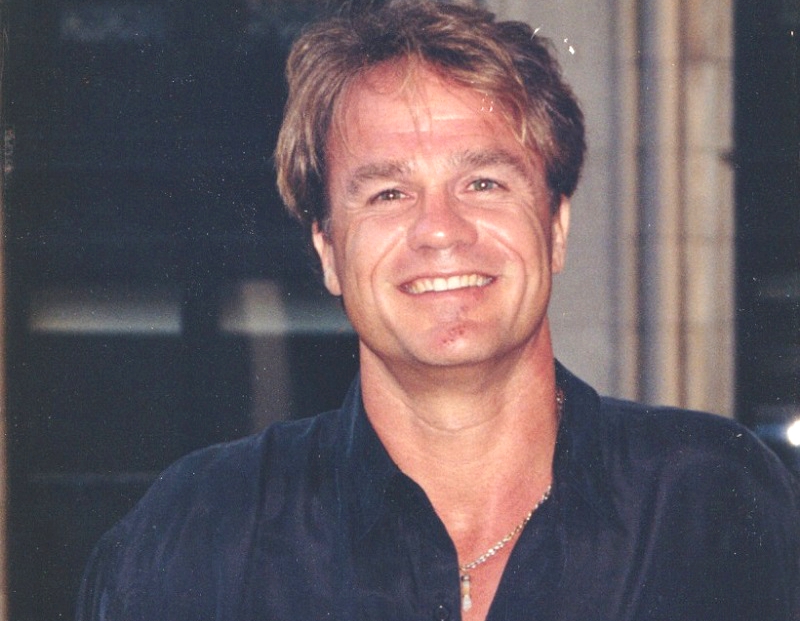Former Brazilian President Luiz Inácio Lula da Silva triumphed over incumbent president Jair Bolsonaro on October 30 in Brazil’s presidential runoff vote. Da Silva had 50.9% of the ballots with 99.9% of the votes counted. The 77-year-old Da Silva’s victory is a stunning turn of events. Previously, he was at the country’s helm from 2003 to 2010. He later served 18 months in prison on corruption charges, but those charges were subsequently overturned by the Supreme Court. CIVIL MEDIA conducted an interview with James N. Green, professor of Brazilian history and culture at Brown University and the President of the Board of Directors of the Washington Brazil Office.
CIVIL MEDIA: The election victory of Mr. Lula da Silva is rather narrow. What are the prospects of his political program in the given circumstances?
JAMES N. GREEN: Lula took great care to build an electoral coalition of 10 political parties who supported him in the first round of the election and then he added to that number in the second round with some key endorsements, helping him win a majority of votes. He is now working with those parties that didn’t endorse a presidential candidate to win them over to a working majority in Congress. Lula is very talented in negotiating with other political forces, something he learned originally as a trade union leader, and he will bring those skills to building a viable legislative base of support to get his main program passed.
There is already a consensus that a constitutional amendment will be passed to guarantee a R$600 a month aid stipend for the poor plus an additional R$150 for each child under six. In addition, this proposal will also increase the real minimum wage.
CIVIL MEDIA: US President Biden, EU leaders and others congratulated the election victory of Mr. Lula da Silva. What could be expected in the context of Brazil-US, EU relations? (Would any positive changes be possible?)
JAMES N. GREEN: Lula will likely continue the tradition of a pragmatic, independent foreign policy that on one hand will seek good relations with the United States and the European Union, but also countries in the BRICS—Russia, India, China and South Africa, as well as the countries of South America and the global south in general. Although the Biden administration and the new Lula government will have strategic differences, it seems that there will be greater cooperation, especially on issues related to the environment.
CIVIL MEDIA: Brazil is one of the BRICS countries. Do you think that Brazil will make political and diplomatic moves towards opening more dynamic cooperation with the US and EU?
JAMES N. GREEN: When it appeared that Lula would be running for president, he took a trip to Europe where he was well received, and I believe that he will expand relations with the EU and the United States, especially around the issues of global warming and climate change. Norway and Germany have already re-released funds for the Amazon that had been blocked under Bolsonaro. Lula wants to be a leader in this issue, as reflected in inviting the COP in 2025 to be hosted by Brazil.
CIVIL MEDIA: “Putin shouldn’t have invaded Ukraine. But it’s not just Putin who is guilty. The U.S. and the E.U. are also guilty” – Mr. Lula da Silva said in an interview for Time in May. Do you expect changes of the Brazilian position towards the Russo-Ukrainian war, particularly in the light of the numerous war crimes, targeting civilians, nuclear threats and weaponization of food and energy?
JAMES N. GREEN: I don’t think we have full clarity about what exactly will be the new government’s position on Ukraine, as on one hand Lula wants to build positive ties with the United States and the EU, but Brazil is also a part of the BRICS partnership. If the Russians remain on the offensive and are unable to regroup their forces during the winter before hostilities pick up in the spring, it is possible that negotiations will start, however, I believe that Ukraine is adamant in not ceding territories to Russia, which could stall those talks. We shall have to wait and see if Brazil takes an active role in helping negotiations take place.
CIVIL MEDIA: During Mr. Bolsonaro’s presidency, the human rights situation in Brazil deteriorated, including LGBT and gender rights. Do you expect improvements in these areas, particularly in the light of some pre-election statements of Mr. Lula da Silva in which he stated his support for anti-abortion laws and LGBT rights? Will Mr. Da Silva able to push his progressive agenda through?
JAMES N. GREEN: Regarding abortion, Lula stated that he was personally against abortion, in part to silence the campaigns of the far right on this question, but that he considered it to be a question of public health for the woman. He then pushed responsibility onto the Congress. Given the composition of the Congress, it seems unlikely that any legislation protecting women’s right to choose is unlikely in the immediate future. Regarding LGBTI+ rights, Lula was relatively silent on the issue although a Black lesbian leader of the LGBT+ group within the Workers’ Party was appointed to be a member of the transition team. The Lula government has also promised to organizing once again a consultative system of local, state, and national conferences of different social movements and issues that will recommend policies. The LGBT+ conferences were very important, and they will be a vehicle for articulating the demands of the movement to the new government.
CIVIL MEDIA: In a public letter to Brazilian Evangelicals, Mr. Lula da Silva said he was personally opposed to legalizing abortion and his government would leave that issue for Congress to decide. This statement served as an attempt to will conservative votes, but also means that the new president of Brazil is not willing to make more substantial changes in the area of human rights and freedoms. What is your opinion on this?
JAMES N. GREEN: His retreat on the question of abortion rights does not mean that he is not going to defend human rights. The fact that Lula is going to establish a ministry for “original peoples” and has spoken out clearly about racism and affirmative action is a clear sign that he will support these important movements. He will also likely appointment people to the different ministries that truly represent the human rights movements in Brazil.
CIVIL MEDIA: Mr. Lula da Silva stated that far-right incumbent President Jair Bolsonaro used campaign lies that a Lula government would close churches and curtail religious freedoms. How did Mr. Lula’s team counter disinformation during the election campaign?
JAMES N. GREEN: Lula pointed out that during his two governments, legislation was passed to protect freedom of religion and allow for the March for Jesus, which mobilizes millions. This fake news about closing churches was related to proposals by governors, not of the left, to close church services during the height of the pandemic, which was then used to argue that there would be religious persecution. If anything, the fact that the Bolsonaro government and his supporters proclaimed that Brazil was a Christian state, when the Constitution of 1891 separated Church and State. These statements actually made Jews, Muslims, and non-believers feel marginalized, whereas there have be no recorded attacks on freedom of religion in any of the Workers’ Party’s local, state or national governments.





